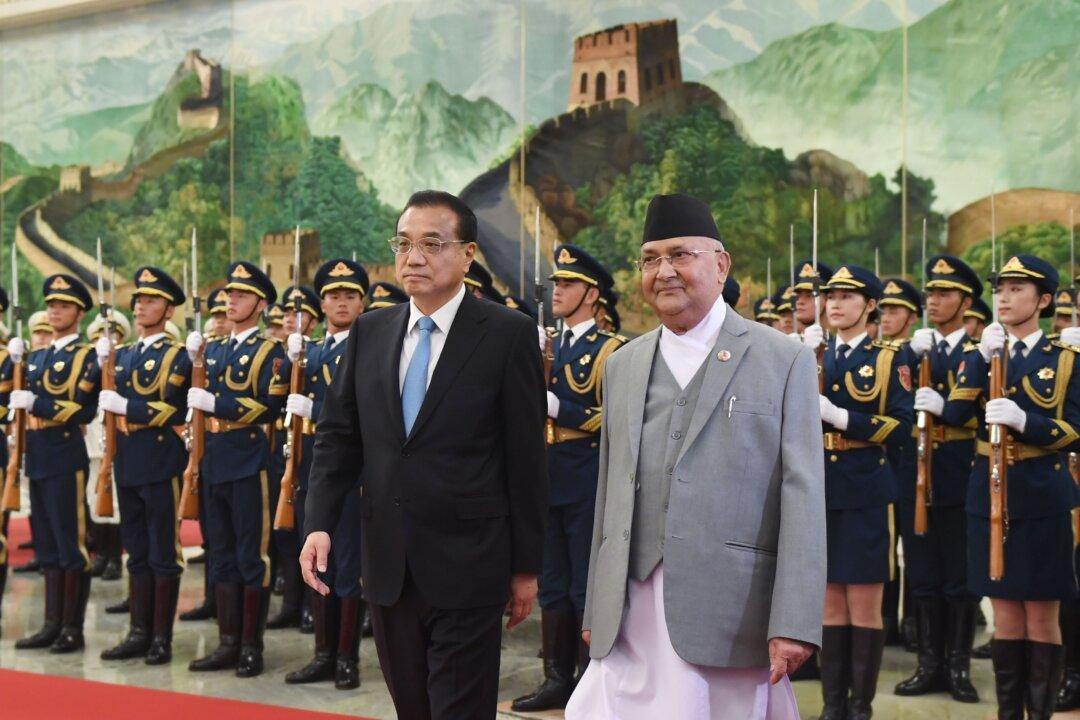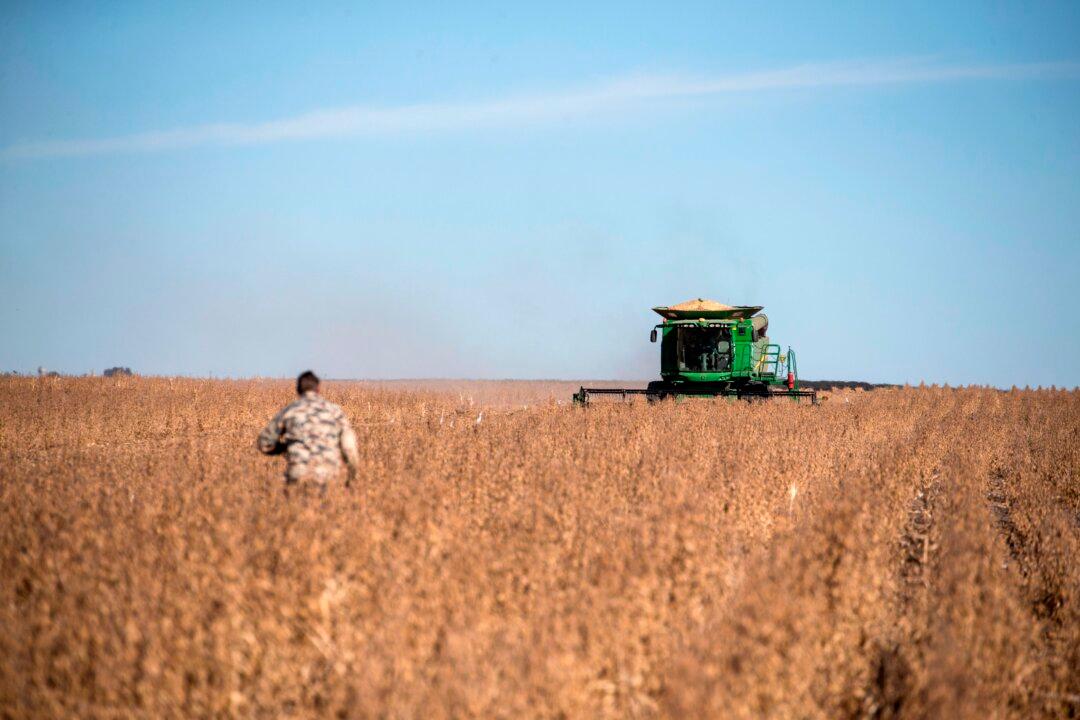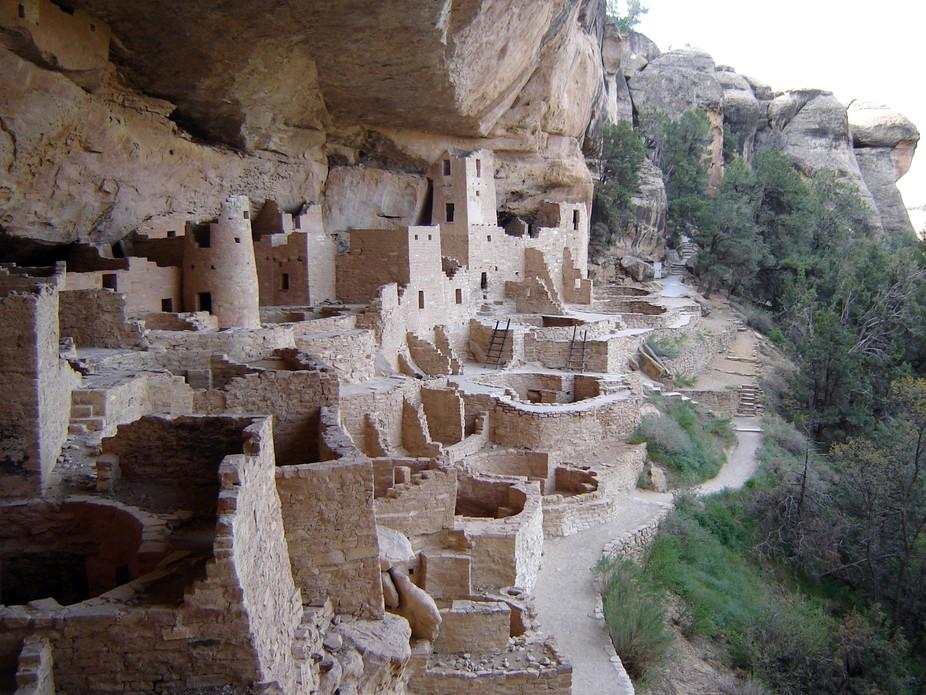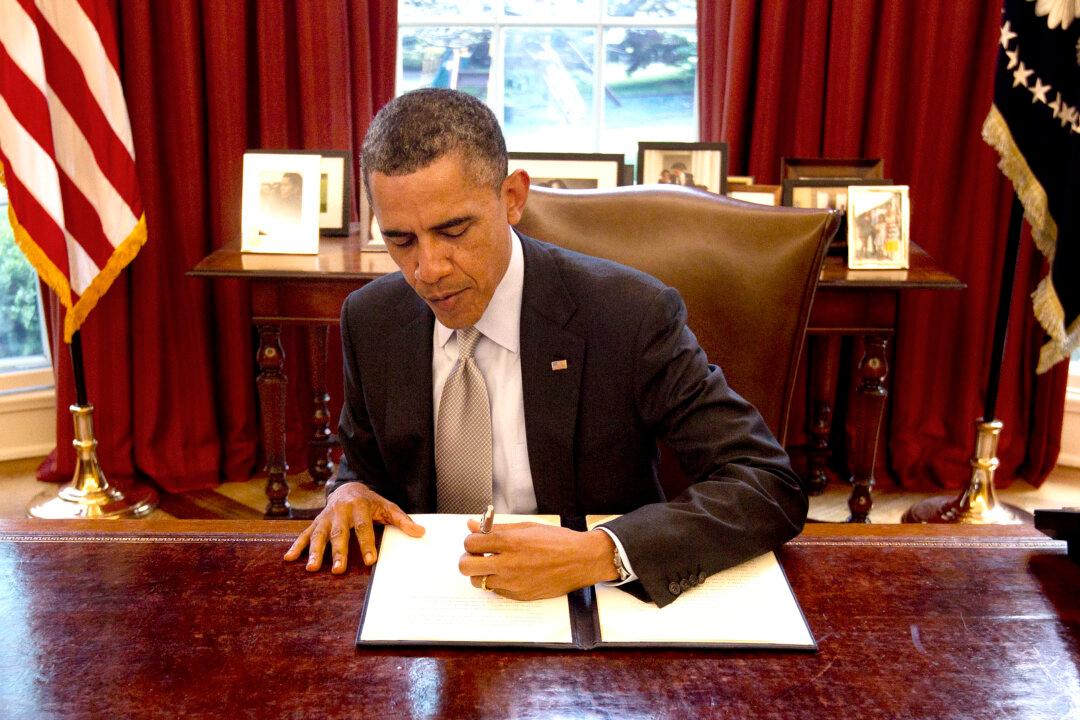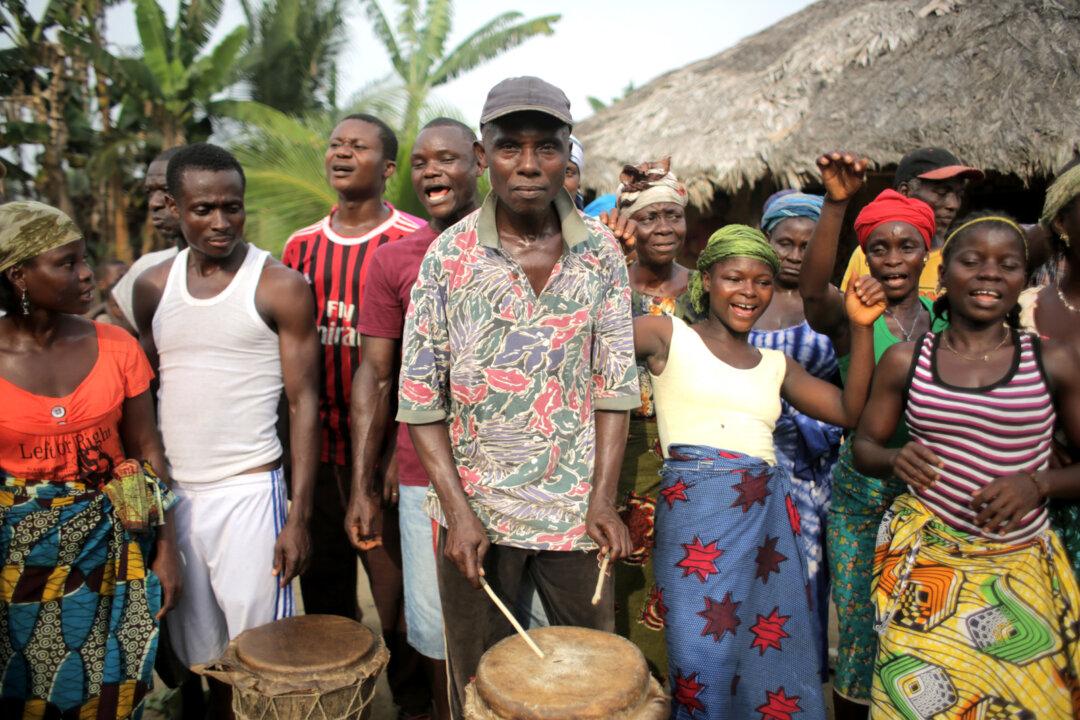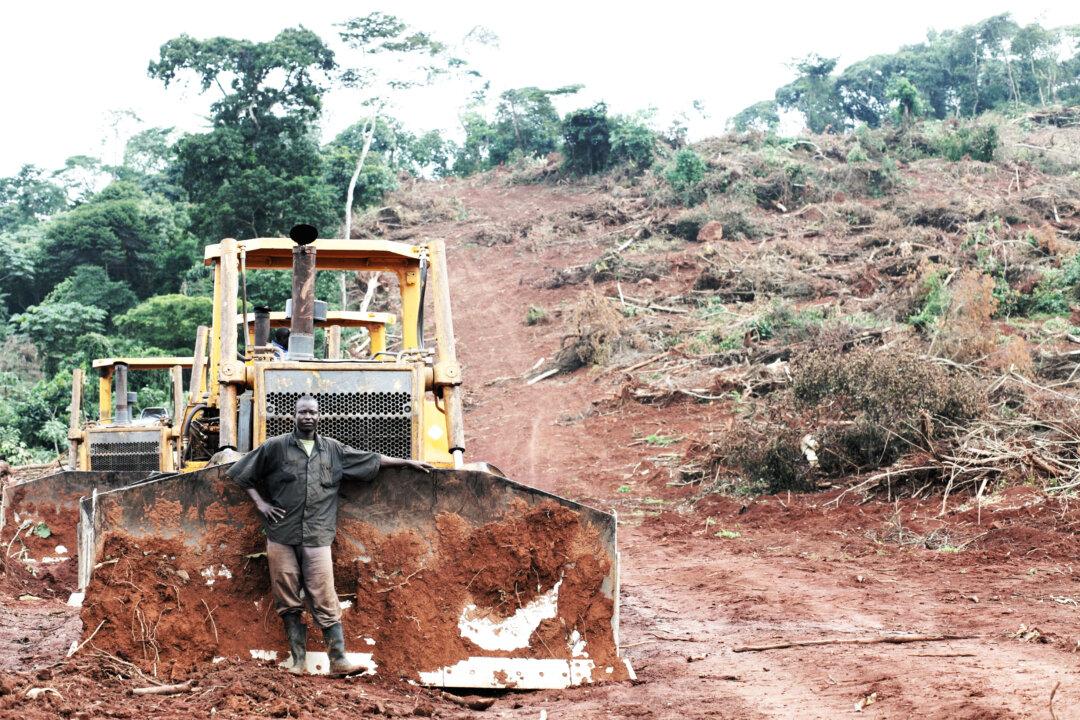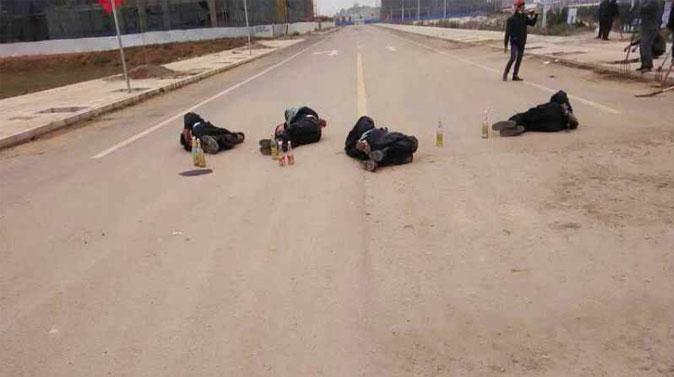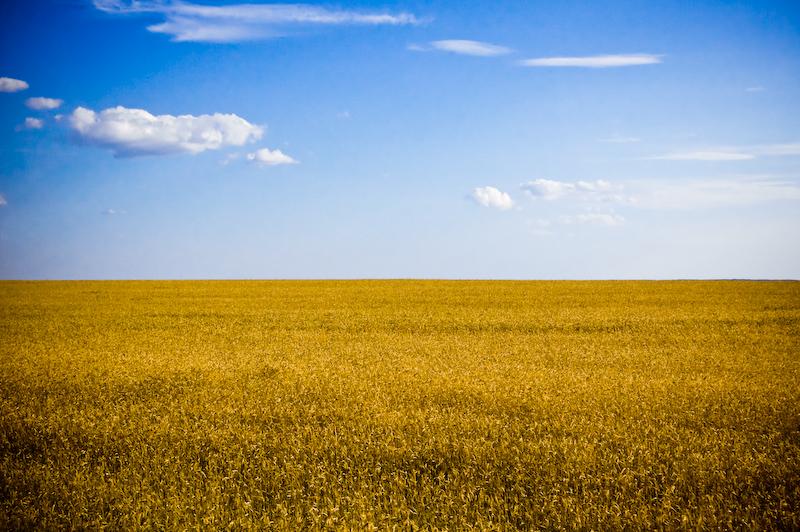Focus
Land Grab
LATEST
Government Land Grabs, from ‘Natural Asset Companies’ to Agenda 2030: Margaret Byfield
Margaret Byfield was raised on a 7,000-acre ranch in Nevada. For nearly 30 years, her family fought the federal government to maintain ownership of their land.
|
|
China Faces New Wave of Political Fallout as G-7 Stands Against Its Land-Grab
After dropping its “peaceful rise” policy, the Chinese regime faces rise in global leaders opposing its aggression.
|
Change of Leadership in Crimea Means Property Grab
One day in October, a dozen armed men in masks drove up to the gates of Yalta Film Studios. They weren’t actors, and this was no make-believe. It was a hostile takeover.
|
Russia’s Borders: Romania Strengthens Ties With NATO as Old Anxieties Return
The Western gravitational pull has been dominant since the overthrow of the communist ruler, Nicolae Ceausecsu, almost 25 years ago. But there is a strong Eastern undertow, as shown by the return to office in 2012 of the successor party to the communists, the Social Democrats (PSD), in parliamentary elections. Polls suggest that its abrasive leader Victor Ponta is likely to be elected president of Romania in November. He seeks a strategic partner in the east – but he courts China, not Russia.
|
In Land Dispute in China’s Yunnan Province, Farmers Resist and Execute 5 by Burning
When a force of police and hired thugs came to the village of Fuyou in southwestern China’s Yunnan Province to put an end to a land dispute on Oct. 14, the inhabitants decided to fight back. In the end, 6 police and 2 locals died.
|
Could Growing More Food Justify ‘Land-Grabs’?
The large-scale acquisition of land by foreign governments and business—more commonly known as “land-grabbing”—is a contentious issue, particularly in Africa.
|
The Global Land Grab as Modern Day Corporate Colonialism
The idea that there is a “land grab” taking place in developing nations began with the publication of a report, Seized!, by the NGO Grain.
|
Government Land Grabs, from ‘Natural Asset Companies’ to Agenda 2030: Margaret Byfield
Margaret Byfield was raised on a 7,000-acre ranch in Nevada. For nearly 30 years, her family fought the federal government to maintain ownership of their land.
|
|
China Faces New Wave of Political Fallout as G-7 Stands Against Its Land-Grab
After dropping its “peaceful rise” policy, the Chinese regime faces rise in global leaders opposing its aggression.
|
Change of Leadership in Crimea Means Property Grab
One day in October, a dozen armed men in masks drove up to the gates of Yalta Film Studios. They weren’t actors, and this was no make-believe. It was a hostile takeover.
|
Russia’s Borders: Romania Strengthens Ties With NATO as Old Anxieties Return
The Western gravitational pull has been dominant since the overthrow of the communist ruler, Nicolae Ceausecsu, almost 25 years ago. But there is a strong Eastern undertow, as shown by the return to office in 2012 of the successor party to the communists, the Social Democrats (PSD), in parliamentary elections. Polls suggest that its abrasive leader Victor Ponta is likely to be elected president of Romania in November. He seeks a strategic partner in the east – but he courts China, not Russia.
|
In Land Dispute in China’s Yunnan Province, Farmers Resist and Execute 5 by Burning
When a force of police and hired thugs came to the village of Fuyou in southwestern China’s Yunnan Province to put an end to a land dispute on Oct. 14, the inhabitants decided to fight back. In the end, 6 police and 2 locals died.
|
Could Growing More Food Justify ‘Land-Grabs’?
The large-scale acquisition of land by foreign governments and business—more commonly known as “land-grabbing”—is a contentious issue, particularly in Africa.
|
The Global Land Grab as Modern Day Corporate Colonialism
The idea that there is a “land grab” taking place in developing nations began with the publication of a report, Seized!, by the NGO Grain.
|



